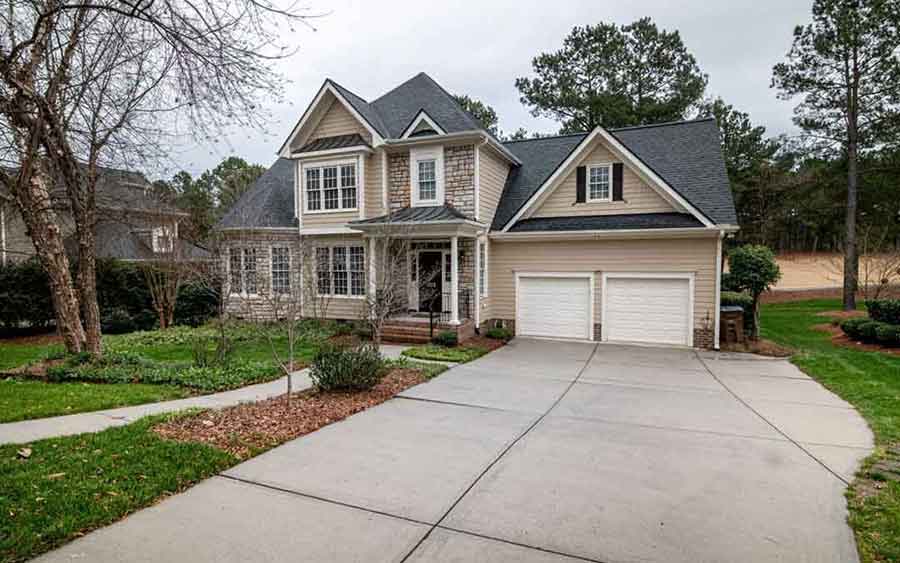There is a crisis in the affordable housing sector brought to light by the Covid-19 pandemic. As a result, federal officials have extended the national eviction moratorium through June. It gives time for a temporary safeguard that lets millions of Americans have a safe, quality housing option. Real estate executive recruiters see this as a quick solution.
There is a need for modest housing options. The National Low Income Housing Coalition has reported a shortage of 6.8 million rental homes for low-income renters alone, not factoring in the slightly higher income earners. The coalition’s 2020 “Out of Reach” report further states that no single state or county where a full-time employee earning minimum wage could afford a two-bedroom rental house at a fair market rent. The U.S economy loses $2 trillion yearly in lower wages and productivity due to a shortage of affordable housing.
There are campaign promises, local and national coalitions, and some innovative financial efforts geared towards finding a solution to this problem. There is also the $1 billion joint venture to build, protect and preserve 10,000 affordable homes. But, unfortunately, there continues to be a stigma and prejudice surrounding affordable and low-income house tax credit projects.
Affordable Housing Developers funding at risk
There is a likelihood for the traditional funding sources for Bay Area affordable housing (from federal low-income housing tax credits to local subsidies to dry up.
The coronavirus pandemic has landed economic blows that have worsened California’s affordable housing shortage. Four hundred fifty thousand new homes, of which 180,000 should be affordable housing, are supposed to be produced from 2023 to 2031 in the Bay Area. The above projection is according to California’s Regional Housing Needs Assessment. Meeting this goal requires funding from both the government and corporate sources.
To build modest housing in San Francisco, the developers need local subsidies of more than $300,000 per unit. However, the risk of market-rate development slowing and impact fees disappearing could affect how much money the city has to contribute once funds from other sources are exhausted.
A slowdown in market-rate development comes simultaneously with municipal budgets slashed by pandemic relief services and a slowed economy. As a result, San Francisco has a projected $1.5 billion budget deficit authorities are scrambling to close. On the other hand, Bridge Housing, the value of federal low-income housing tax credits, has remained relatively steady after earlier turbulence.
For now, the pace of production for affordable housing has remained constant with the previous years’ thanks to local and state measures put in place the last five years. At the moment, it may not be easy to develop and produce affordable housing, but there have been policy changes and local funding to make it easier.
The modest housing crisis in Los Angeles is overwhelming. However, politicians, civic leaders, and real estate executives are developing an inventive solution to the affordable housing crisis.
A large firm in Los Angeles and its supporting partners have invested and developed affordable multifamily properties to support the needs of communities in the United States. So far, it has invested over $1.2 billion in low-income housing tax credit equity and closed over 200 projects translating to 16,000 units.
- Create jobs that are construction related and also, the new residents support additional jobs in other sectors in the future.
- Attract both employers and employees. Research has indicated that both employers and employees understand that affordable housing attracts and retains a skilled workforce. In addition, real estate executive recruiters will need more power due to the increased demand in the real estate sector.
- Increase consumer spending. There is an increase in purchasing power for those involved in the construction and the occupants afterward.
- Increase government revenue. Taxes and fees associated with affordable housing development are a significant source of income for state and local governments.
- Finally, lower the risk of foreclosure by producing a more sustainable path to homeownership and eliminating several foreclosure-related costs.
We Network With A Purpose
The Newport Group is a leading executive recruiting firm with expertise in numerous industry
verticals. We deploy proprietary data sets and meticulous processes to identify, recruit, place, and
help retain blue-chip talent at leading companies nationwide. Turn the challenges ahead into
competitive advantages alongside our help. Roles we’ve placed include Senior VP, VP of
Operations, Sr. Construction Manager, and Operations Manager Telecom, to name a few.
Our team of recruiters is active in all sectors of real estate development, including production
homebuilding, multifamily, commercial, retail, land, and asset, and property management.
Construction verticals include commercial, civil, telecom, gas, power, pipeline, infrastructure,
environmental consulting, and remediation. Ever strategic in our approach—we present talent that
aligns with our client’s strategic objectives.

